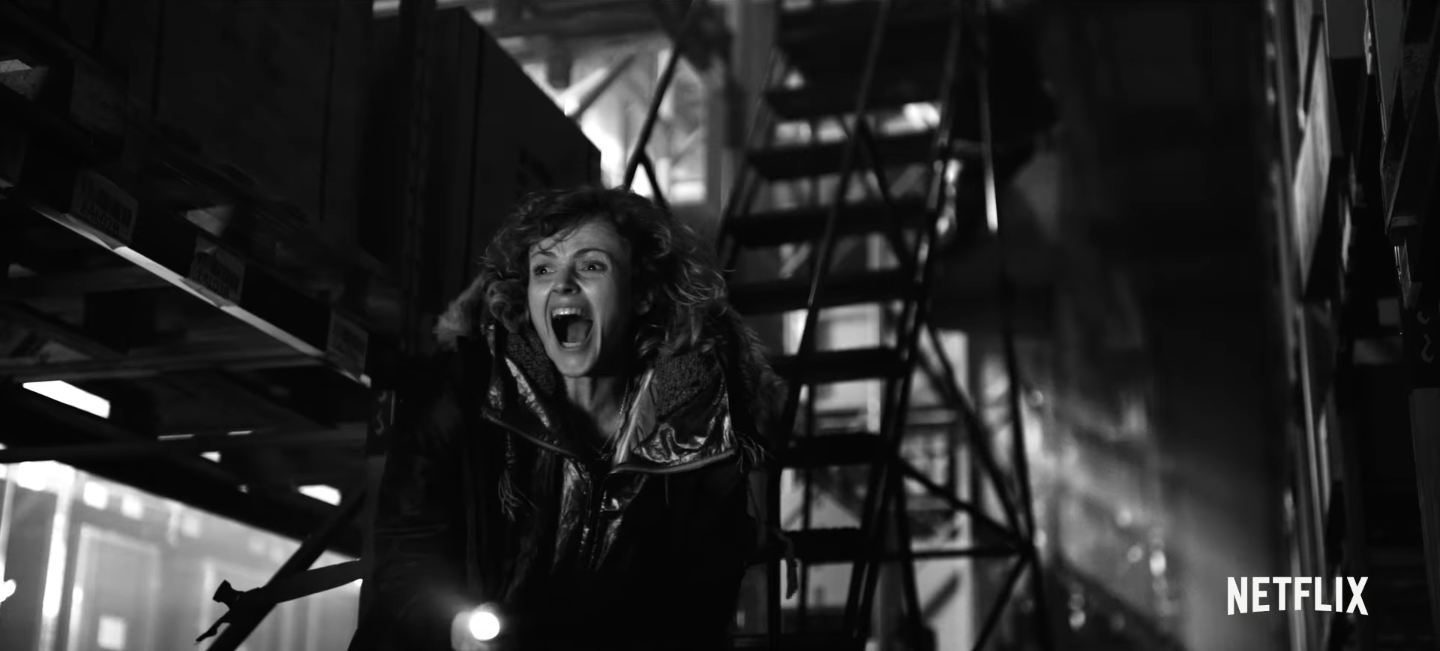You are using an out of date browser. It may not display this or other websites correctly.
You should upgrade or use an alternative browser.
You should upgrade or use an alternative browser.
What's the last movie you saw?
- Thread starter SweetPoison
- Start date
giradman
iPad Fan
Hi All - usually do not look at this thread, sorry - I'm on the GMG Forum (classical music and many other topics, such as the Diner) and post my movie reviews (several times a week, in fact) there - BUT, yesterday Susan & I saw a remarkable documentary film directed by Peter Jackson (Lord of the Rings).
The film is They Shall Not Grow Old - released this year and taking 4 years in the making - the quotes below explain the subject and the process of making the documentary (Source) - basically, restored footage of 100 year old B&W silent video from WW I - colorized, sharpened, and 3D which is the film we viewed. The YouTube video will provide a remarkable view of this amazing restoration - if you have a chance to see the film, then a MUST, IMO - Dave
.

.
The film is They Shall Not Grow Old - released this year and taking 4 years in the making - the quotes below explain the subject and the process of making the documentary (Source) - basically, restored footage of 100 year old B&W silent video from WW I - colorized, sharpened, and 3D which is the film we viewed. The YouTube video will provide a remarkable view of this amazing restoration - if you have a chance to see the film, then a MUST, IMO - Dave
.
.
Dead Alive and Lord of the Rings director Peter Jackson’s new documentary is as much a technical marvel as any of his special effects blockbusters.He not only restored, stabilized and colorized footage from World War I, but even employed forensic lip readers to recreate chatter between soldiers. Oh, and it’s in 3D. But seeing They Shall Not Grow Old is not as simple as swinging by the multiplex, since the new documentary has only a two-day limited event release. To see They Shall Not Grow Old in theaters, you have only a handful of choices. They Shall Not Grow Old is playing just two days in theaters: Monday, December 17 and Thursday, December 27.
They Shall Not Grow Old is a collaboration between Jackson and London’s Imperial War Museum, who first offered the director 100 hours of severely damaged footage in 2014, when Jackson was in town for the premiere of The Hobbit: The Battle of Five Armies . This year marks the 100th anniversary of the armistice between the Allies and Germany, bringing an end to hostilities on the Western Front of World War I. After restoring all 100 hours of footage with New Zealand’s Park Road Post Production, Jackson updated the footage to modern frame rate standards, avoiding the too-fast, jerky sensation common to silent film. This was particularly challenging with battlefield footage taken with the era’s hand-cranked cameras, with early cinematographers producing footage with wildly variable frame rates. New frames had to be created digitally to smooth out the footage.
Since the silent footage has now audio track, Jackson’s team created one from scratch. A detailed, realistic sound effects mix was added. Lip-read conversations were restored with voice actors, while ‘60s and ‘70s-era Imperial War Museum audio interviews with veterans served for narration. “The clarity was such that these soldiers on the film came alive,” Jackson told the New York Times. “Their humanity just jumped out at you. This footage has been around for 100 years and these men had been buried behind a fog of damage, a mask of grain and jerkiness and sped-up film. Once restored, it’s the human aspect that you gain the most.”
Mysticalpad
iPF Noob
my new iPad Pro....bad times at the el royale.

Great cast and an exceptional script. It’s like watching a game of chess.

And definitely don’t miss the first season of Black Mirror...the episode entitled Metalhead is one of my favorites . Black mirror is gaining quite the following of late and for good reason. sadly Netflix cancelled daredevil and punisher...in favor of a Friends reboot...go figure...
/cdn.vox-cdn.com/uploads/chorus_image/image/62756046/birdbox.0.jpg)
Birdbox (also Netflix)is a complete clone from the popular film The Quiet Place...but still gives very good performances from Bullock. The ending was a serious disappointment....it’s fun to watch like most end of the world stories,but I couldn’t help seeing the same plot structure as a quiet place, and birdbox comes from an original novel.

Great cast and an exceptional script. It’s like watching a game of chess.

And definitely don’t miss the first season of Black Mirror...the episode entitled Metalhead is one of my favorites . Black mirror is gaining quite the following of late and for good reason. sadly Netflix cancelled daredevil and punisher...in favor of a Friends reboot...go figure...
/cdn.vox-cdn.com/uploads/chorus_image/image/62756046/birdbox.0.jpg)
Birdbox (also Netflix)is a complete clone from the popular film The Quiet Place...but still gives very good performances from Bullock. The ending was a serious disappointment....it’s fun to watch like most end of the world stories,but I couldn’t help seeing the same plot structure as a quiet place, and birdbox comes from an original novel.
Last edited:
Similar threads
- Replies
- 3
- Views
- 13K
- Replies
- 19
- Views
- 20K
- Replies
- 5
- Views
- 10K


